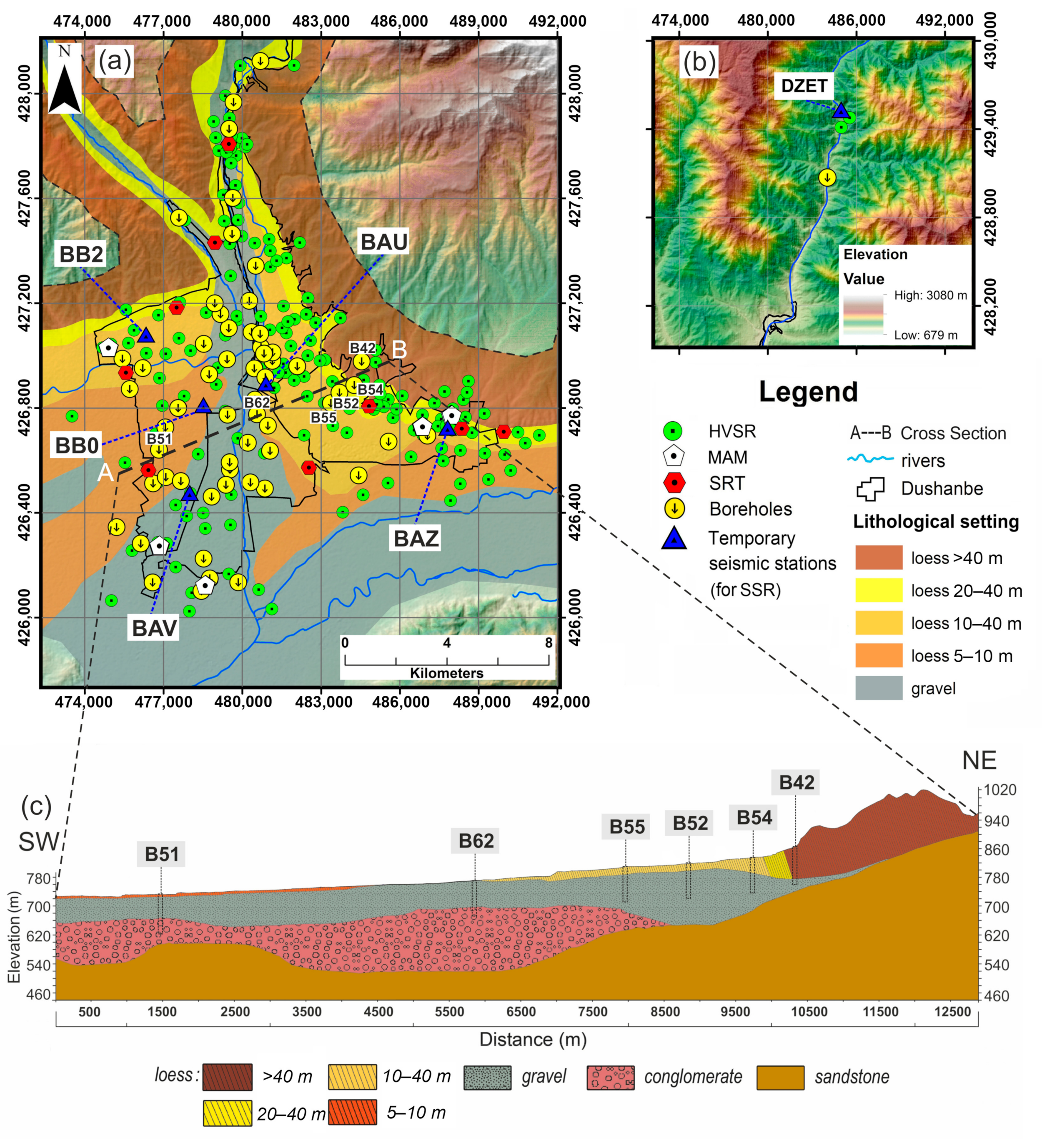

The idea is that this might reveal the universal seismic characteristics of salt. What was especially interesting about his approach was that he was training the models on one dataset, and predicting on an entirely different 3D. Three attributes consistently proved most useful: coherency, Haralick energy (a GLCM-based texture attribute), and the variance of the kurtosis of the amplitude distribution (how's that for meta?). He also tried a great many seismic attributes, letting the model choose the best ones. Interestingly, but not surprisingly, the simplest model turned out to be the most effective at discrimination. (We've reported on Anne Solberg's work before.) Anders described training eight different classifiers, from a simple nearest mean to a neural network, a supprt vector model, and a mixture of Gaussians classifier. I especially enjoyed the presentation by Anders Waldeland and Anne Solberg (University of Oslo) on automatically detecting salt in 3D seismic. If you have ideas for future events, or questions about them, drop us a line or leave a comment on this post! You can get tickets to most of these events on the Event page. No idea what exactly we'll be up to, but there'll be a hackathon for sure ( sign up for alerts here). We'll be at SEG in Anaheim this year, in the middle of October. It's 100% experimental, just the way we like it. The Codeshow is a new kind of conference event, mixing coding tutorials with demos from the hackathon and even some mini-hackathon projects to get you started on your own. In the EAGE Exhibition itself, we're cooking up something else entirely. Partnering with Dell EMC and Total E&P, as last year, we'll be gathering 60 eager geoscientists to explore data visualization, from plotting to virtual reality. The weekend before the EAGE conference, we'll be hosting the Subsurface Hackathon once again. Copenhagen in June: visualization and interactionĪfter events in Vienna in 2016 and Paris in 2017, we're looking forward to being back in Europe in June. If you're interested in the future of computation and geoscience, come along and be heard. At the AAPG ACE, Matt is part of the team bringing you the Machine Learning Unsession on Wednesday afternoon. It doesn't stop with the hackathon demos on Sunday.


The bottom line is that these events cost about $20,000 to put on, so we appreciate all the help we can get. If you'd like to sponsor it too, check out your options. Thank you to Earth Analytics for sponsoring this event.


 0 kommentar(er)
0 kommentar(er)
